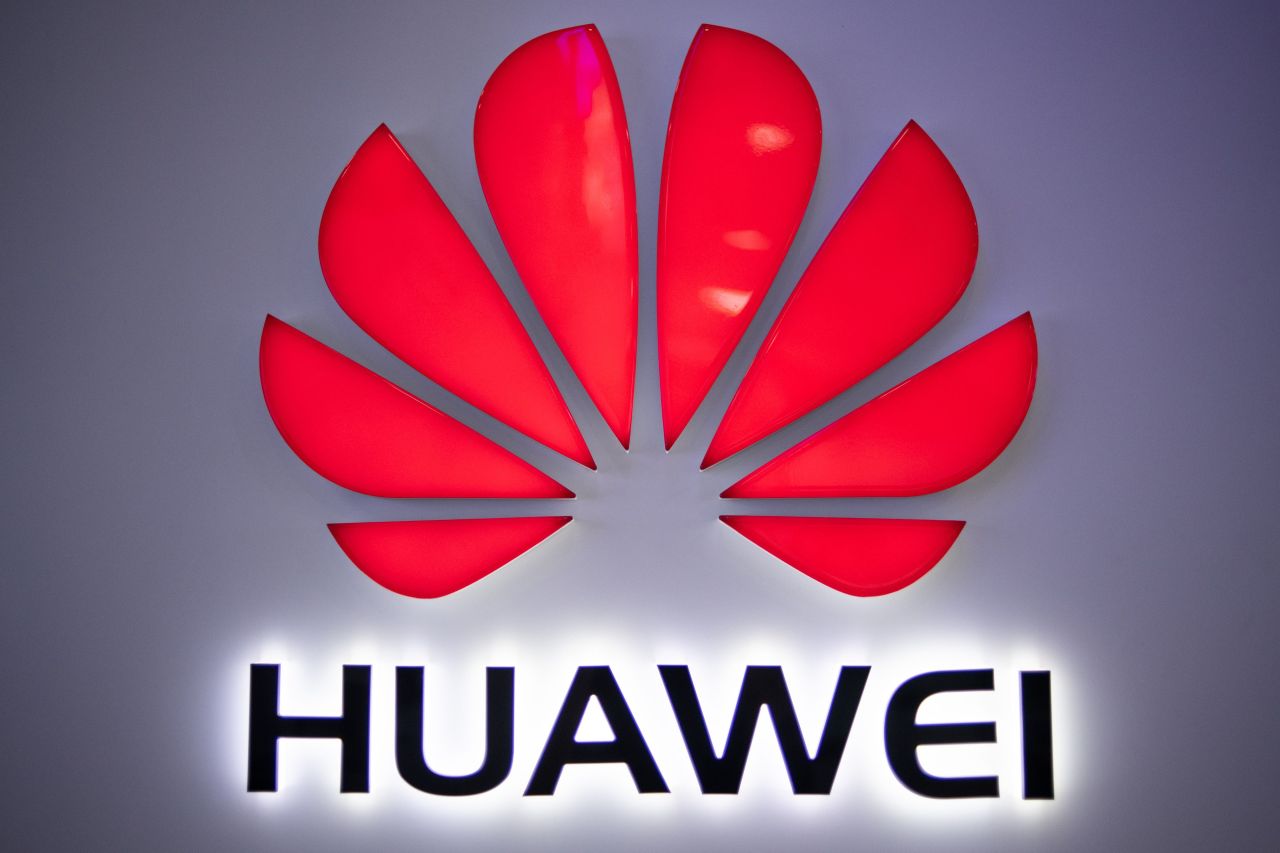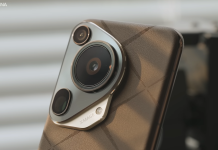Amid the US-China trade war, Huawei has become a target and is facing various restrictions that essentially aims to stop the company from doing business. While various countries have imposed a ban on Huawei, here comes some good news for the Chinese telecom giant.
Saudi Arabia’s technology minister has said that he sees no problem in using products made by Chinese telecommunications giant Huawei Technologies Co. In an interview with Kyodo News, Abdullah bin Amer al-Swaha said: “we don’t see a problem” when asked whether he has any concerns about using Huawei products.

On the sidelines of a Group of 20 ministerial meetings on trade and digital economy in Tsukuba, eastern Japan, he said, “when it comes to building our digital economy, we have two guiding principles. The first one, we’re an open economy, so we are always pro-partnership, whether it comes from the East, Europe, or from the West. The second guiding principle, as long as those companies and those solution providers comply with our technical, regulatory and cybersecurity requirements, we’re more than happy to work with them.”
He also said that the country is planning the largest commercial rollout of the next-generation 5G mobile network in the Middle East and North Africa and that he hopes a cooperation agreement signed with Japan on Sunday will help make further advances in IT.
While Huawei has been cruising pretty well in these trying times, the ban has clearly taken a toll on them. A senior executive for the company came out during the CES Asia technology show and said that Huawei’s plans to become the top smartphone manufacturer in the world may have to wait. He also claimed that Huawei currently still sells 500,000 to 600,000 smartphones a day in a speech at the CES Asia technology show in Shanghai.
Earlier this year, Huawei, which dominates the Chinese smartphone market, overtook Apple as world number two and said it believed it would overtake Samsung “earliest this year, and next year at the latest.”
Up Next: Huawei halts delivery and development of new notebooks PCs
(Via)







